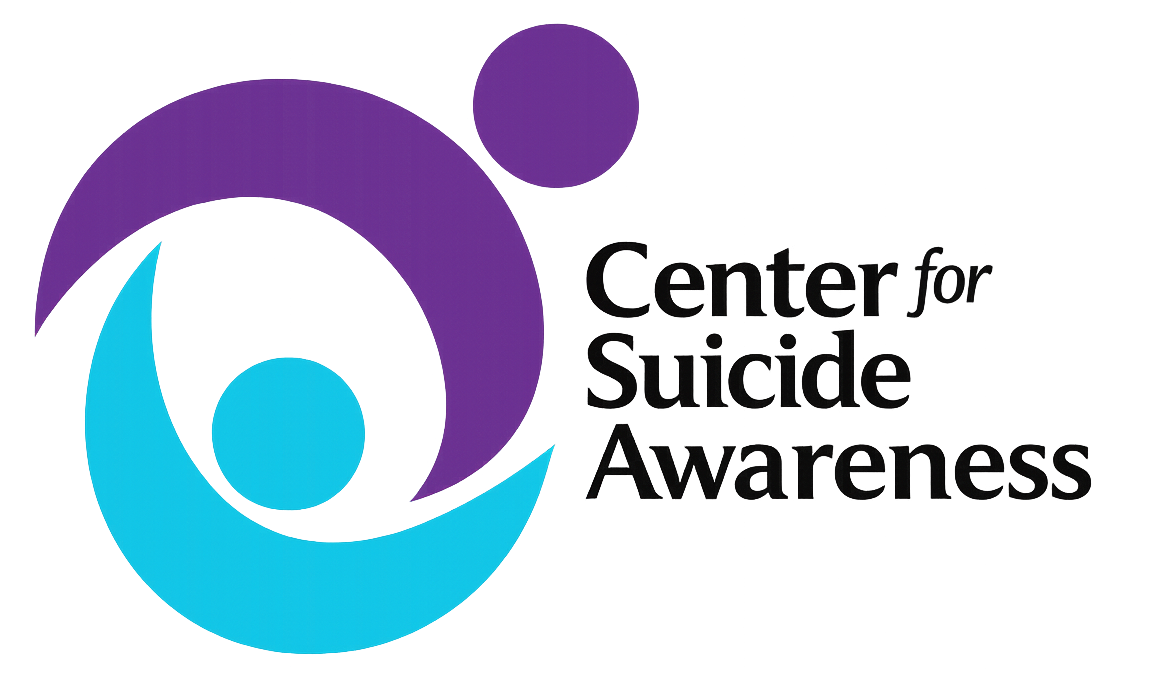From the Heart of the Center: What are Passive Thoughts of Self-Harm?
If you or someone you know is in immediate danger, please call 911.
The following article is a candid discussion of suicidal ideation. If reading about topics related to suicide and death is harmful to you, please stop reading now.
Scary thoughts can jump into your head while you’re doing everyday things. You might be doing the dishes or writing a grocery list when thoughts of death or suicide pop up. These thoughts might not be triggered by anything in particular—and may pass as quickly as they appeared.
When these thoughts come and go, it is called passive suicidal ideation. In the following article, we’ll talk about what passive suicidal ideation is, how active ideation is different, what causes these thoughts, and how people can learn to manage them.
What is suicidal ideation? Is it common?
Suicidal ideation, also known as suicidal thoughts, are ideas that are centered around death or suicide. It’s more common than you might think, with one study reporting that 10.6 million U.S. adults (4.3% of the U.S. adult population) have experienced suicidal thoughts.
There are different kinds of suicidal ideation—passive and active.
What are the differences between passive and active suicidal ideation?
- Passive suicidal ideation refers to having thoughts that occur without any desire to commit suicide and without a plan of action to harm oneself. Passive suicidal ideation may not mean that the person is in danger of self-harm, but it can be a warning sign of issues to come.
- Active suicidal ideation refers to thoughts that motivate people to create a self-harm plan. The person might develop a careful plan that includes giving away their prized possessions or writing a farewell note to loved ones. This kind of ideation requires emergency help from a healthcare professional.
How do I know how dangerous my thoughts are?
When speaking to a healthcare professional about these kinds of thoughts, they will often ask you questions that come from a standardized set like the Columbia-Suicide Severity Rating Scale (C-SSRS). These questions help healthcare teams assess how concerning thoughts are.
- Have you wished you were dead or wanted to go to sleep and not wake up?
- Have you had any thoughts about killing yourself?
- Do you have a plan in place to kill yourself?
- Have you harmed yourself or done anything to fulfill the plan you created (like purchasing a weapon, giving away valuables, writing a note, etc.)?
If you or someone you know answered yes to any of these questions, please seek immediate treatment from a trusted primary care provider, an emergency room, or a free resource like HOPELINE™.
Get help now. Text HOPELINE™ to 741741.
What causes suicidal ideation?
Here are some situations that may induce thoughts of death or suicide.
- Abuse
- Addiction
- Age
- Bullying
- Chronic illness and pain
- Employment type or status
- Genetics
- Grief
- LGBTQIA+ struggles
- Underlying mental health conditions like anxiety, depression, or OCD
If you or someone you know is experiencing suicidal thoughts but don’t fit any of the categories above, remember that all ideas and feelings are still valid and important—and require attention.
What are some common treatments?
Suicidal thoughts happen to a lot of people, and every single one of those people—including you—deserve to feel better.
Feeling better looks different for everyone, but for the most part, you won’t be able to eliminate troublesome thoughts completely. Treatment is more about finding ways to manage those thoughts and the feelings that arise from them.
Ways suicidal ideation is treated:
- Safety planning, which is a guide that’s created to help individuals reach out for help and stay safe when suicidal thoughts happen
- Cognitive behavioral therapy, which is a structured, goal-oriented type of psychotherapy (talk therapy)
- Medication prescribed by a healthcare professional
- Inpatient or outpatient mental health programs in a hospital or clinic
Are you having upsetting thoughts? We’re here for you.
If your mind has been going to some dark places—thinking about death or even wondering if the world would be better off without you—please know you’re not alone. You are loved. The person writing this article knows the world needs you and everything you have to offer.
Our entire team is here to help, and it starts with a text. Just text HOPELINE™ to 741741. You’ll get a couple of automated messages first, but then a real human (a Crisis Counselor) will be there to talk to you, listen, and provide support.



